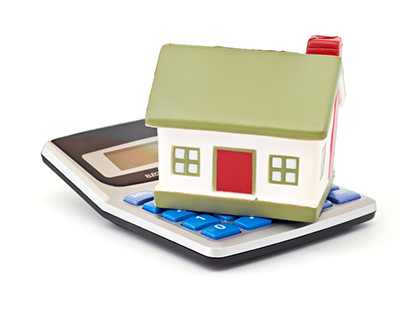It is no longer significantly cheaper to rent compared with making monthly mortgage payments, Rightmove claims, but raising a deposit remains the biggest issue.
Analysis of first-time buyer affordability by the portal found average monthly mortgage payments are back to being higher than rental payments after four consecutive interest rate rises.
The historically low interest rates make mortgage payments only 11% more expensive at £901 per month compared with 10 years ago.
However, monthly rents have increased over the same period by 40% to £887 on average, closing the gap between buying and renting,
The affordability analysis is based on a household taking out a 90% loan-to-value mortgage at the average two-year fixed interest rate, using Bank of England figures, and looks at a typical first-time-buyer home of two bedrooms or fewer and the average monthly equivalent rental payments.
Raising a deposit continues to be an issue for new buyers though.
The data also looks at the ability for a first-time buyer to borrow enough from a lender to purchase a first home.
For a person looking to buy on their own, on the national average full-time salary, borrowing 4.5 times their income, 10 years ago they would have needed to find a 25% deposit or 35,053.
Today they would need a 34% deposit or £74,402.
At a national level, it means that a person buying on their own on an average salary for a typical first-time buyer home now needs a deposit 112% higher than a decade ago.
Two people buying together on the average salary should still be able to afford a first-time buyer home if they have saved a 10% deposit, Rightmove said, although that deposit size has increased from £14,269 to £22,312, a jump of 56%.
Tim Bannister Rightmove’s director of property science, said: “This new analysis shows how it has become increasingly difficult for an average first-time buyer to afford a home on their own.
“The historic average mortgage payments for a first home provide some good context to the current backdrop of rising interest rates and help explain why so many people take out fixed-rate mortgages.
“As interest rates are predicted to rise further during the course of 2022, many buyers will be looking to lock in mortgage deals now before further rate rises.
“With so many variables affecting house prices and affordability, it’s a reminder that the market is extremely difficult to predict, and those looking to buy will be prioritising their own needs and what they can afford rather than waiting to try and time the market.”















.png)


.png)




Join the conversation
Be the first to comment (please use the comment box below)
Please login to comment